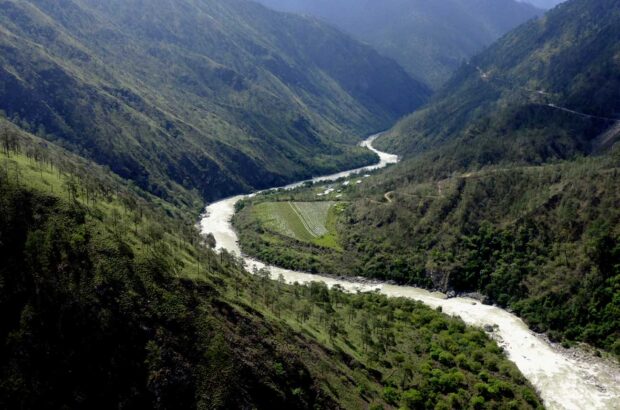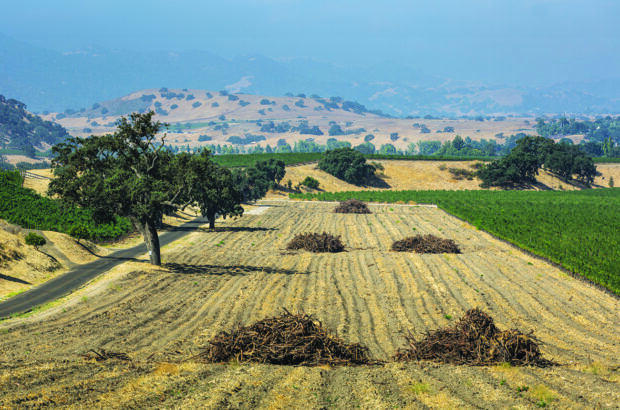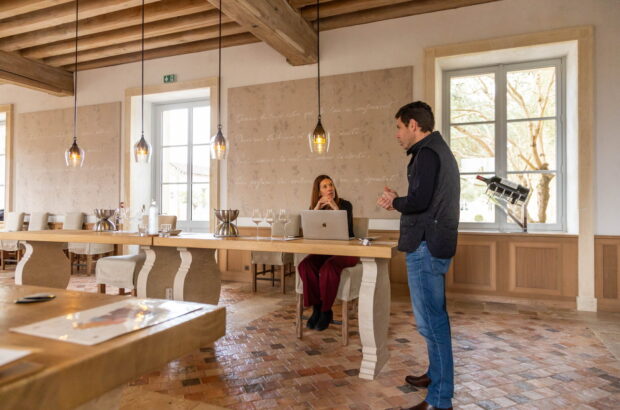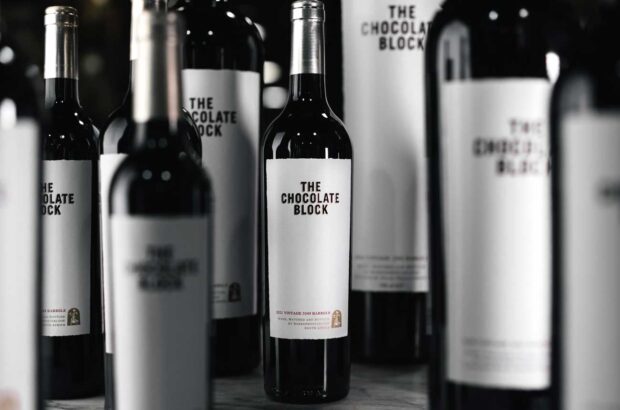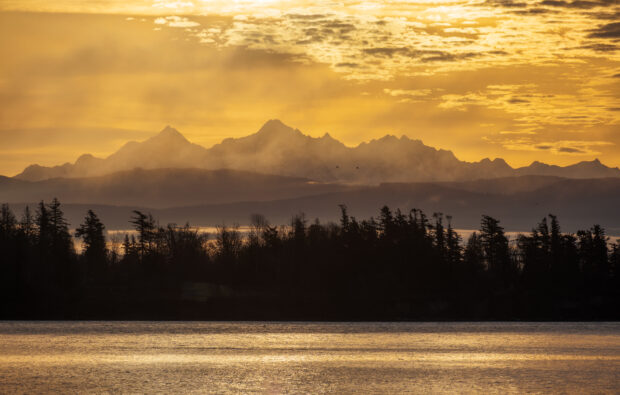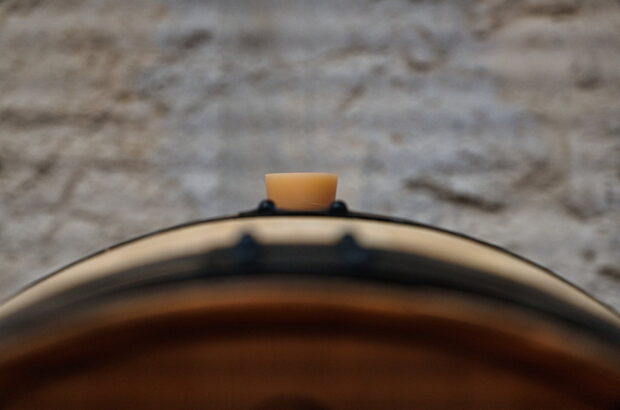Clayton Fox is a sommelier at the Creole-contemporary restaurant Brennan’s in the French Quarter of New Orleans, Louisiana, where he works under wine director and Advanced Sommelier Sam Bortugno. Clayton has twice had pieces selected for the jancisrobinson.com writing competition and can be found on Instagram @clayfoxsomm. He loves wines of soul and the people who make them.
Has white Burgundy ever let you down? Especially white Burgundy with 10-plus years of age on it? Of course it has. That’s part of its immeasurable sexiness and charm. But it’s also frustrating, because we’re not all BRICS billionaires with vast personal cellars on the penultimate floor of our high-rise in Singapore. So when we open a supposedly fantastic bottle of ‘golden slope’ and it’s premoxed or simply flat, it’s a sort of tragedy, like a bad first date.
My disappointments in this arena of late have led me to start considering other options. The first that sprang to mind, because I’ve been opening a lot of excellent bottles lately, was Austrian Grüner Veltliner, smaragd level (12.5% alcohol or above), from the Wachau. You might be thinking, ‘This guy is out of his mind!’ And, fair: Grüner is usually unoaked and malolactic fermentation blocked. The fruit profile is different, too: think citrus and tree fruit versus stone and/or tropical fruit and vegetation. So what’s the argument? Richness, power, minerality, pleasure.
Grüner Veltliner is known for being spicy, vegetal and refreshing – and it’s true, there are many examples of this among less ripe versions. But the very best sites in the Wachau can produce wines that transcend this description entirely. I recently had the good fortune to open Prager’s Wachstum Bodenstein Smaragd 2021 alongside some Leflaive, Puligny-Montrachet 2021, as well as some Prager, Achleiten Smaragd 2012 and Leflaive, Puligny-Montrachet 2013 – and the comparison was informative.
The Leflaives were… perfect. Yes. On Day 1 and especially on Day 4, they showed the grandness of Puligny, with a skeleton of acid and crushed wet limestone holding fresh whipped cream and almond butter, oyster shell, Meyer lemon and lime zest. They had body and focus and a regal bearing. The 2013 showed perfectly… but we all know that isn’t always the case. Not to mention that the Leflaive 2021 average retail price is US$282 (according to wine-searcher.com; £235 in the UK); for 2013, $325 pre-arrival at Westgarth Wines. On the other hand, the Pragers, which showed equally well, and with more complexity of flavour – tangerine and peach sorbet, jasmine, camomile and white pepper, and an insanely long finish – would typically run you about $86.
The deliberateness and fastidiousness of Austrian winemaking means you can open their wines confidently at 10, 20 years or more having paid a lot less. And not just the Grüners. Some winemakers will tell you that grape variety is less important than terroir in defining the character of their wine. Along those lines, I’d also like to mention the sterling smaragd Rieslings I’ve opened for ‘research’: Prager’s Wachstum Bodenstein 2012 ($100 Sage Society) and Knoll’s Kellerberg 2013 ($150 The Source), which were fresh and pulsating and may actually echo white Burgundy more precisely than the Grüners in their citrus-driven, high-acid and more mineral profile.
Either way, the Wachau is worth considering, dollar for dollar, pound for pound. For food pairings: try complex dishes of seafood or poultry with garam masala or Cajun spice. Your blackened chicken alfredo or Goan fish curry will love a smaragd Grüner. Talk about fusion, y’all!
Discover Wachau Grüner: Clayton’s three to lay down
Weingut Knoll, Ried Loibenberg Grüner Veltliner Smaragd 2022 (£52 Hedonism) The Knoll family has been bottling some of the world’s best white wines since the 1950s, and the Grüner from south-facing Loibenberg is surely one of the highlights: all hand-harvested, fermented in cask and stainless, no malolactic. Loibenberg is the warmest vineyard that Knoll farms, the wine predictably rich and powerful, built to age.

Franz Hirtzberger, Axpoint Grüner Veltliner Smaragd 2021 (£63.50 Clark Foyster) Upriver, in Spitz, is the renowned domaine of Franz Hirtzberger, where the elder Franz (Franz Junior now runs the domaine) has identified the best sites in his corner of the Wachau, of which Axpoint is one. It is a younger parcel, planted in 1999 on predominantly clay soils. Expect to find some lactic character and tropical fruit here.

FX Pichler, Ried Steinertal Grüner Veltliner Smaragd 2019 (£62 Amathus Drinks) A seventh-generation winery in the Wachau, with more than 20ha under vine, planted almost equally to Riesling and Grüner. Pichler’s Steinertal vineyard consists of orthogneiss rock and sand, and is a cooler site, in the eastern reaches of the Wachau. According to the producer, the Grüners from Steinertal are ‘rich and bold with vibrant acidity [and] refreshing aromas of white pepper spice and lychee’.




